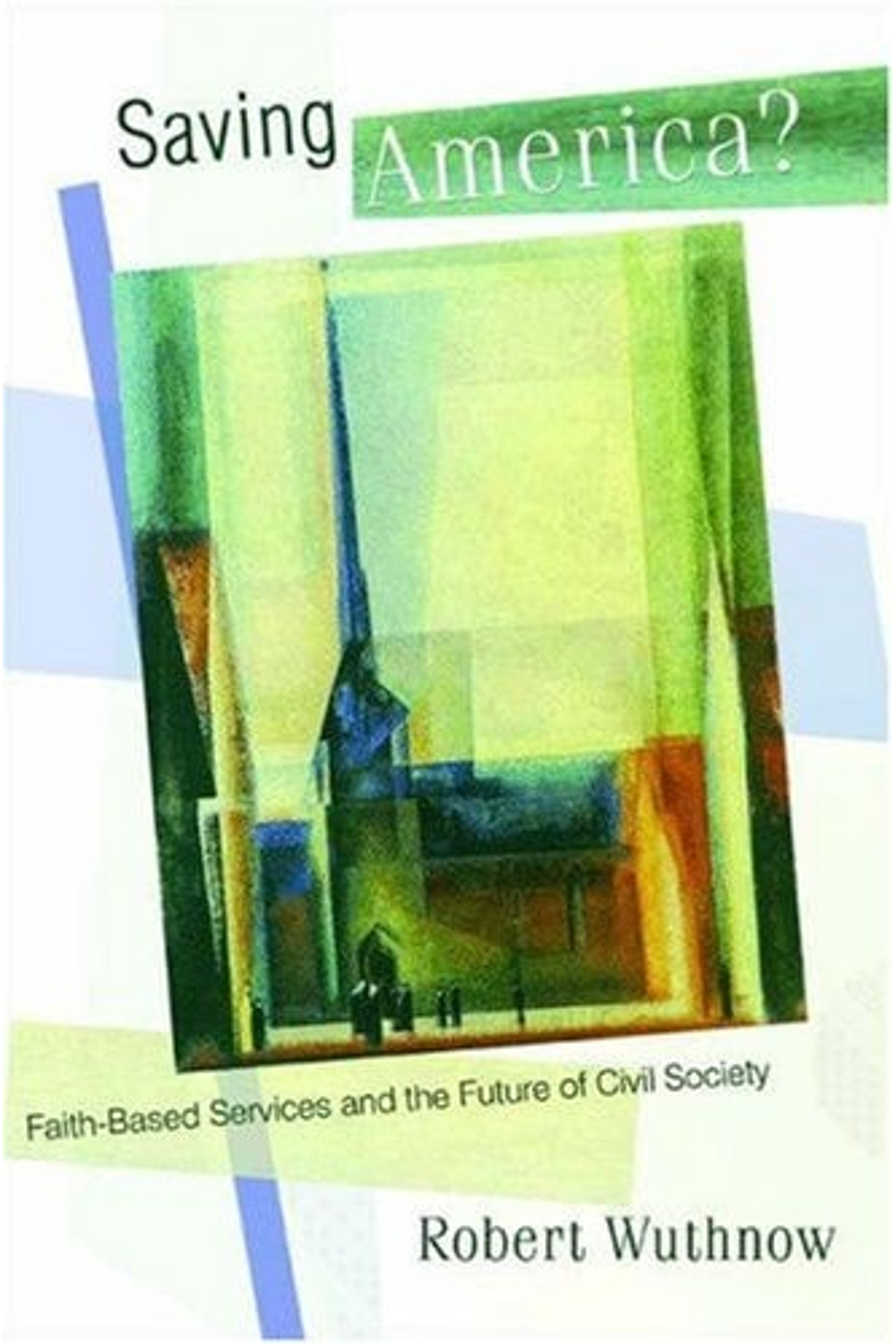Explore the complex relationship between faith and social services in America with Robert Wuthnow’s “Saving America?: Faith-Based Services and the Future of Civil Society.” This insightful book examines the effectiveness of faith-based organizations in addressing poverty and other social issues, challenging common assumptions about their role in civil society. Wuthnow analyzes the impact of government initiatives that partner with religious groups, providing a balanced perspective on the benefits and challenges of this approach. Discover the extent to which congregations are involved in social programs, the types of services they provide, and whether faith-based initiatives truly offer a sustainable solution to America’s social problems. A must-read for anyone interested in the intersection of religion, politics, and social welfare. Published by Princeton University Press.
Saving America?: Faith-Based Services and the Future of Civil Society
21,71 $
In stock
On January 29, 2001, President George W. Bush signed an executive order creating the White House Office of Faith-Based and Community Initiatives. This action marked a key step toward institutionalizing an idea that emerged in the mid-1990s under the Clinton administration–the transfer of some social programs from government control to religious organizations. However, despite an increasingly vocal, ideologically charged national debate–a debate centered on such questions as: What are these organizations doing? How well are they doing it? Should they be supported with tax dollars?–solid answers have been few.
In Saving America? Robert Wuthnow provides a wealth of up-to-date information whose absence, until now, has hindered the pursuit of answers. Assembling and analyzing new evidence from research he and others have conducted, he reveals what social support faith-based agencies are capable of providing. Among the many questions he addresses: Are congregations effective vehicles for providing broad-based social programs, or are they best at supporting their own members? How many local congregations have formal programs to assist needy families? How much money do such programs represent? How many specialized faith-based service agencies are there, and which are most effective? Are religious organizations promoting trust, love, and compassion?
The answers that emerge demonstrate that American religion is helping needy families and that it is, more broadly, fostering civil society. Yet religion alone cannot save America from the broad problems it faces in providing social services to those who need them most.
Elegantly written, Saving America? represents an authoritative and evenhanded benchmark of information for the current–and the coming–debate.
| Authors | |
|---|---|
| Binding | |
| Condition | |
| ISBN-10 | 0691126283 |
| ISBN-13 | 9780691126289 |
| Language | |
| Pages | 376 |
| Publisher | |
| Year published | |
| Weight | 539 |
| Edition | 1 |
| Dewey decimal | 361.7/5/0973 |
- Additional information
- Currencies
- USD – United States dollar
- EUR – Euro
- GBP – Pound sterling
- CNY – Chinese yuan
- BRL – Brazilian real
- MXN – Mexican peso
- JPY – Japanese yen
- PHP – Philippine peso
- THB – Thai baht
- PLN – Polish złoty
- CAD – Canadian dollar
- MYR – Malaysian ringgit
- AUD – Australian dollar
- TWD – New Taiwan dollar
- CZK – Czech koruna
- SEK – Swedish krona
- HUF – Hungarian forint
- ILS – Israeli new shekel
- CHF – Swiss franc
- HKD – Hong Kong dollar
- DKK – Danish krone
- SGD – Singapore dollar
- NOK – Norwegian krone
- NZD – New Zealand dollar



